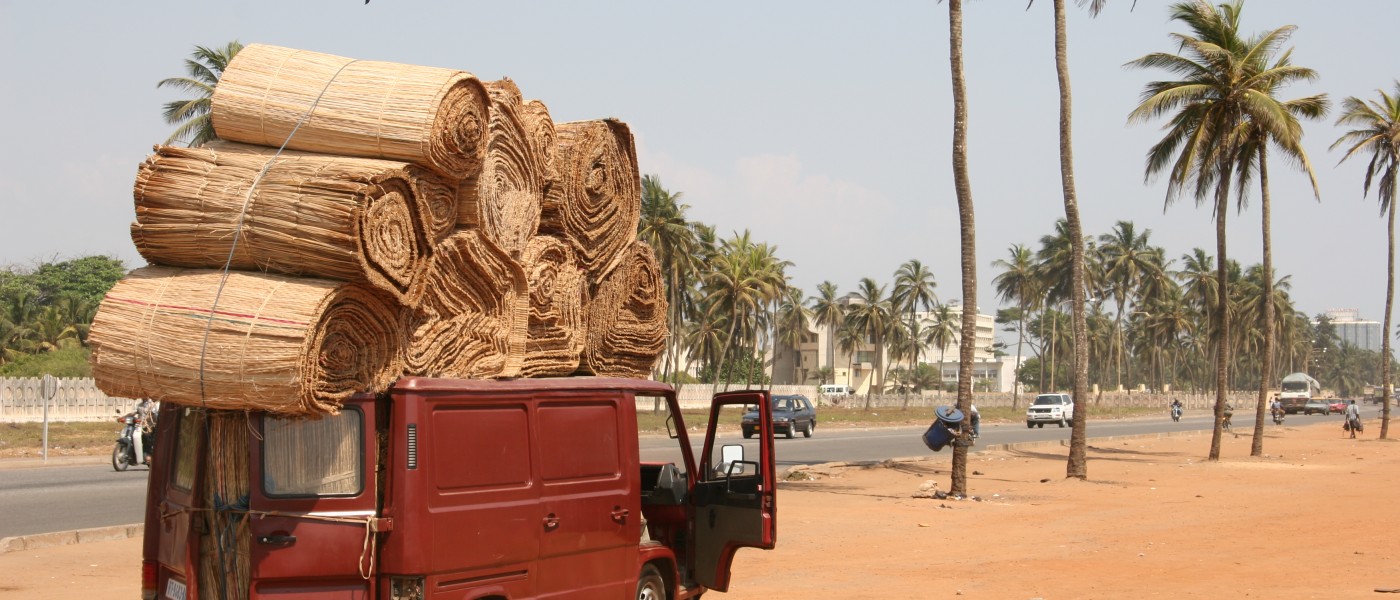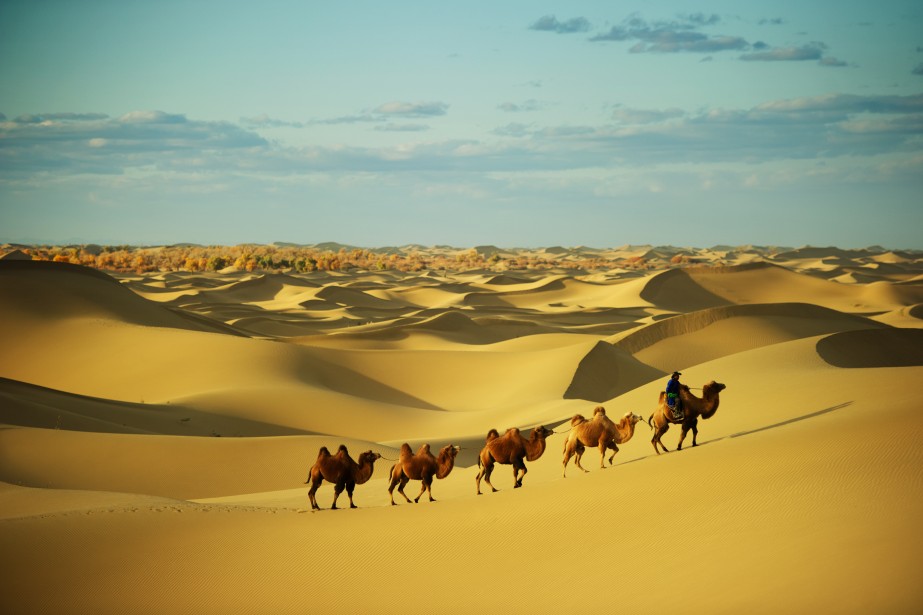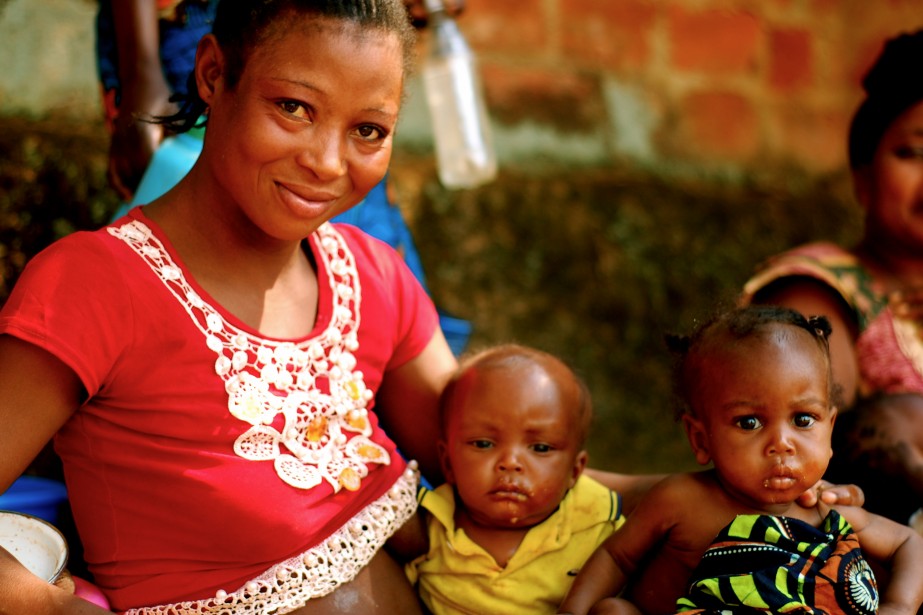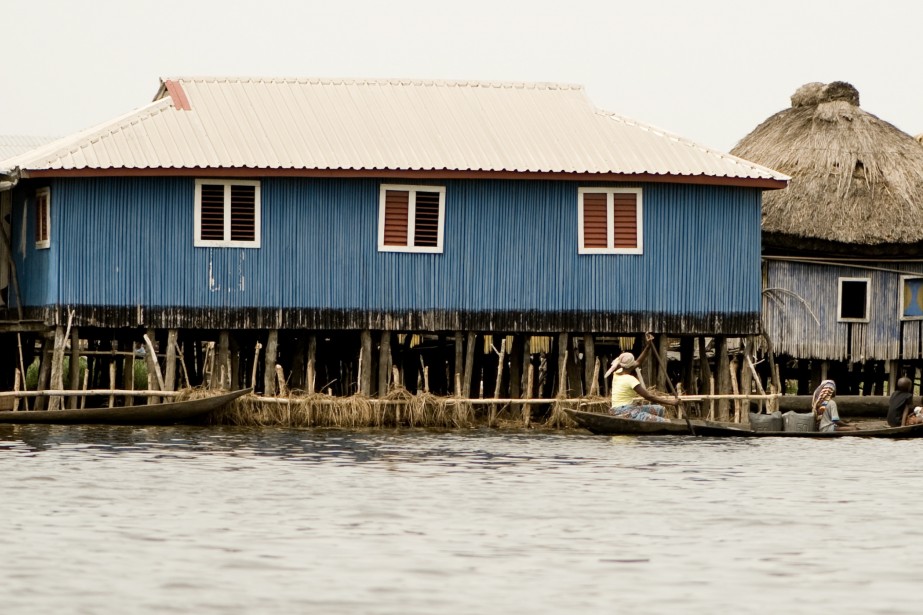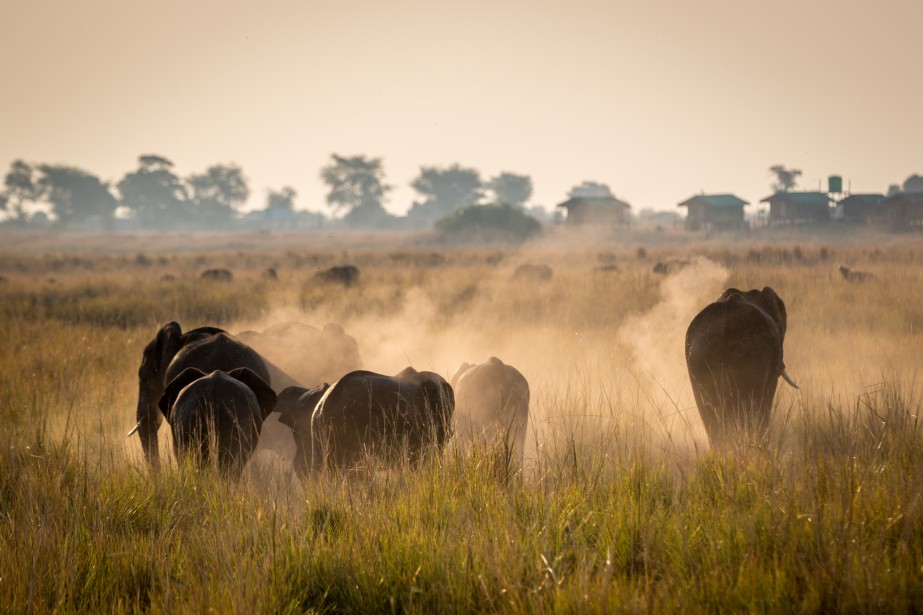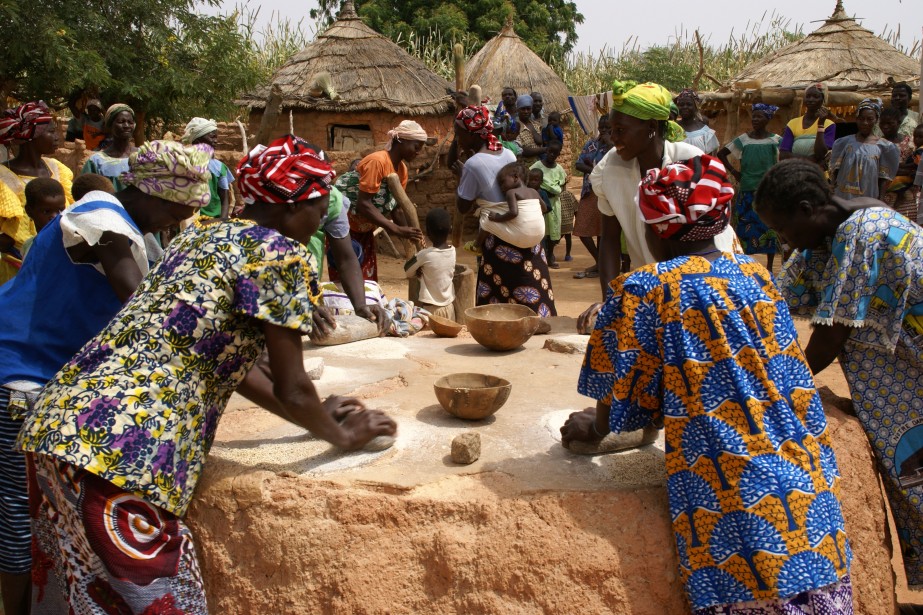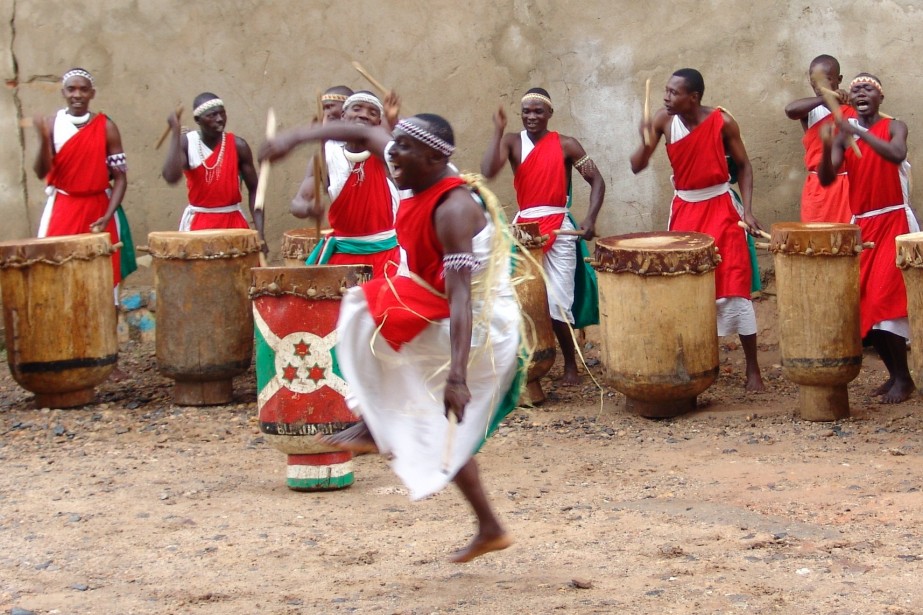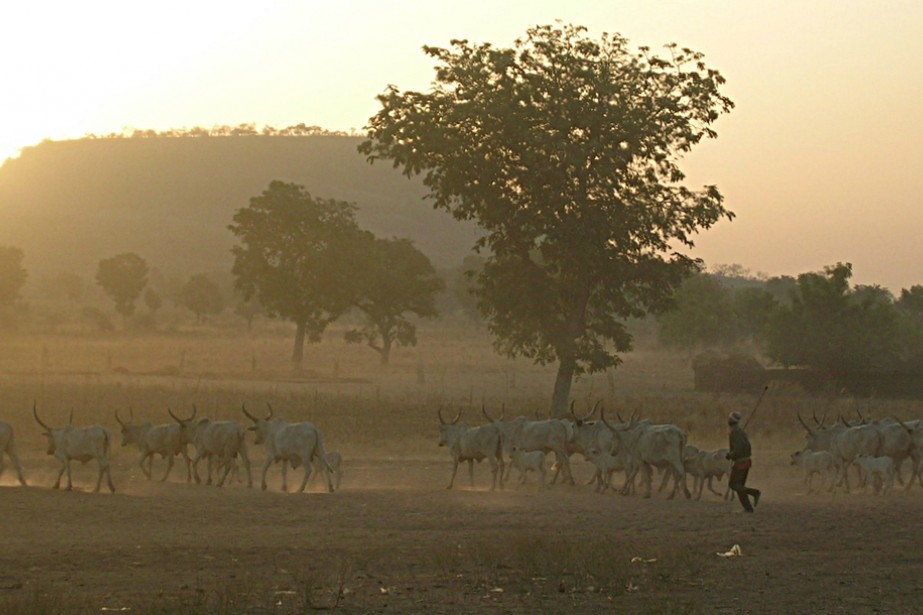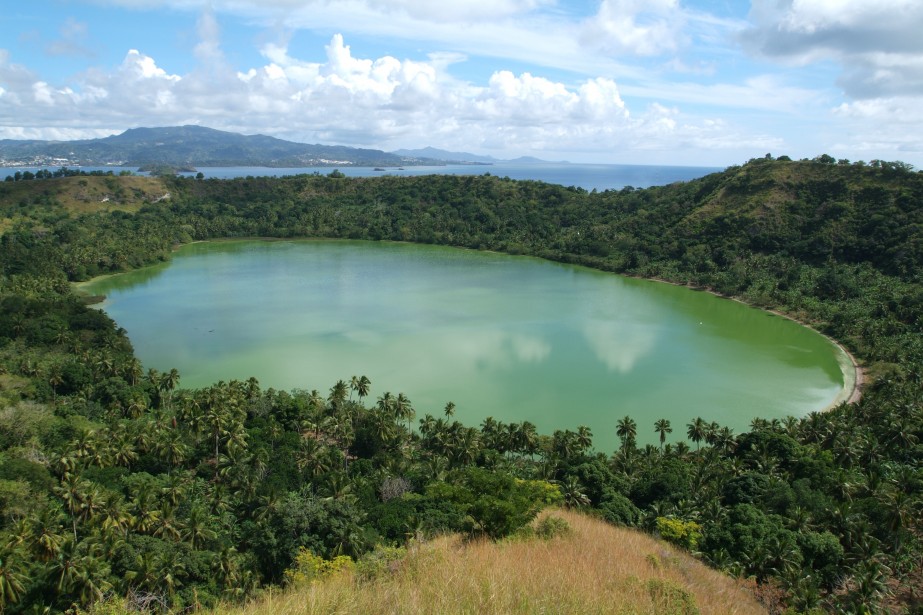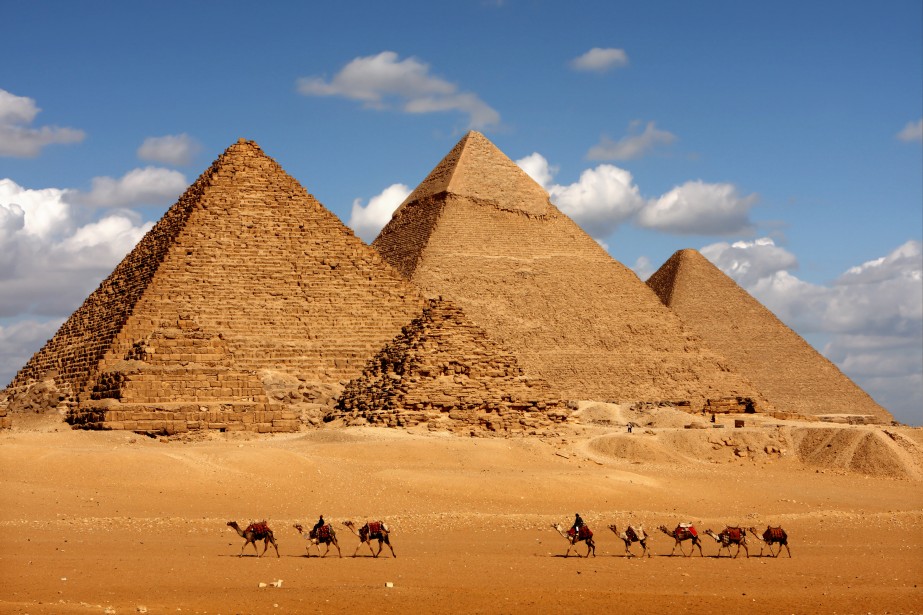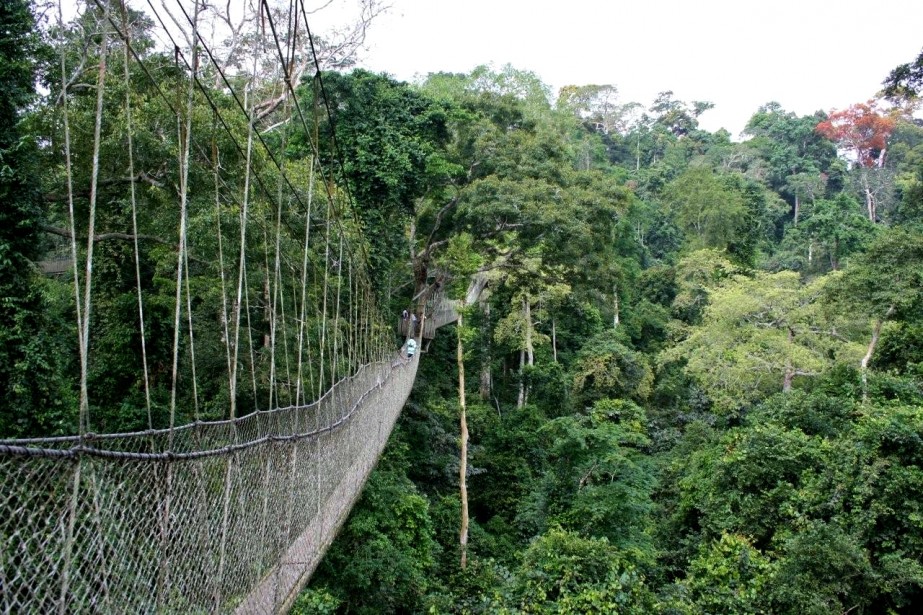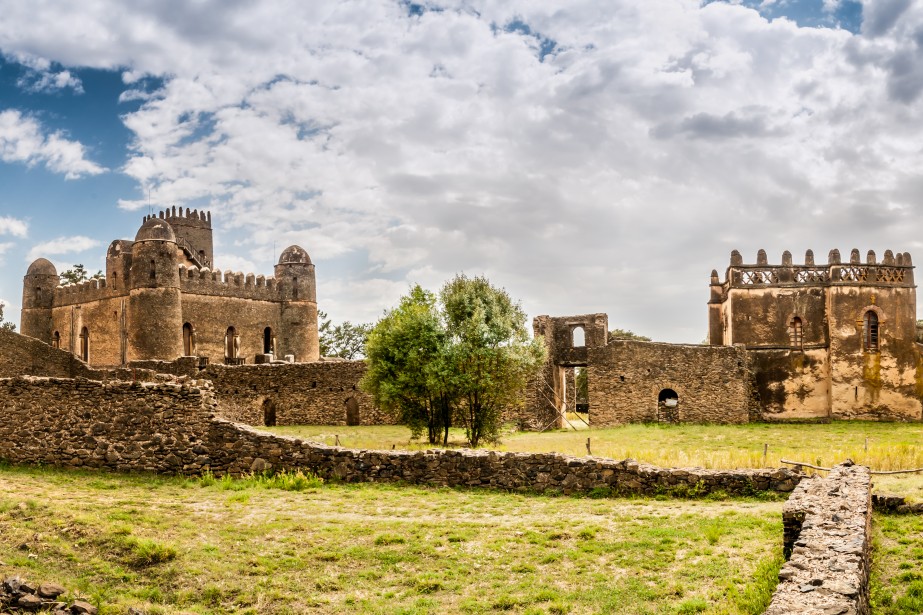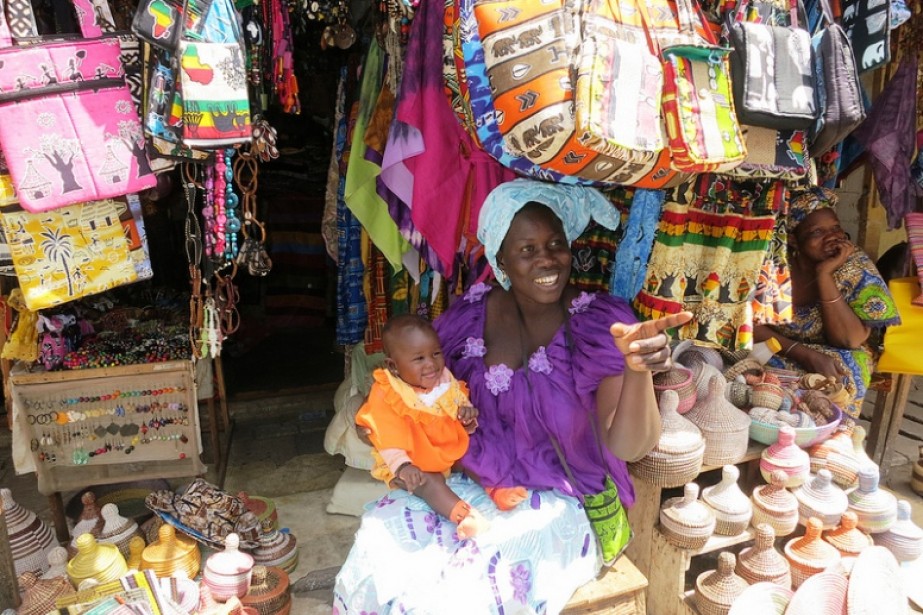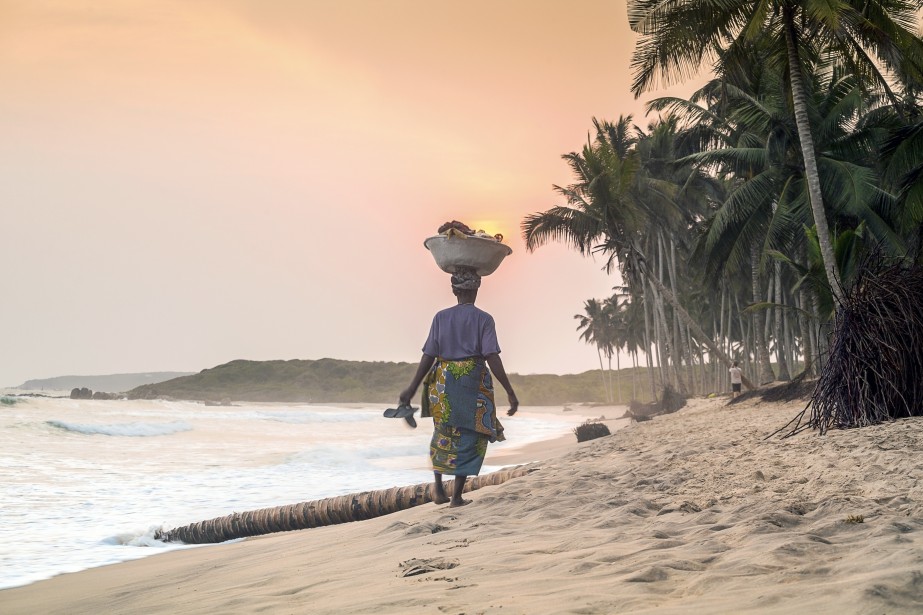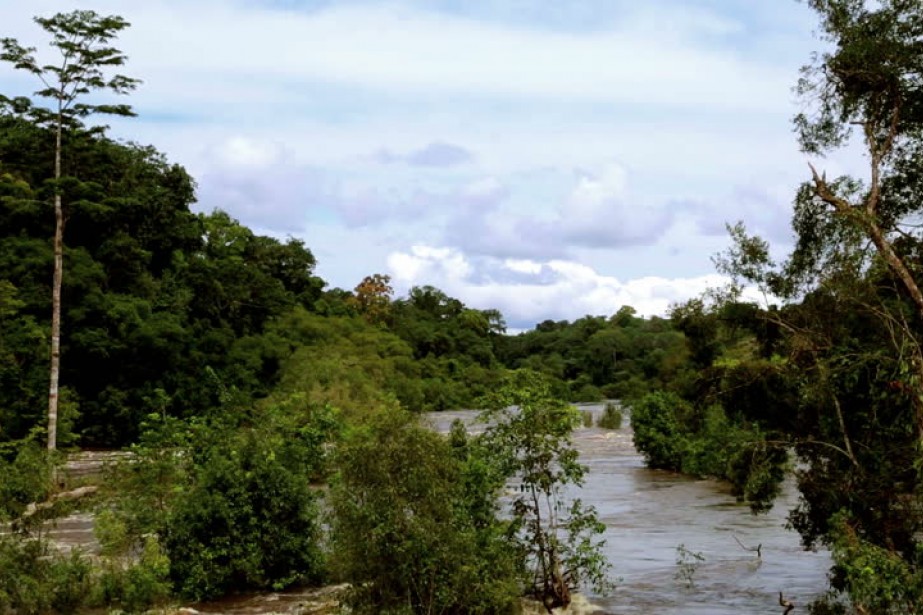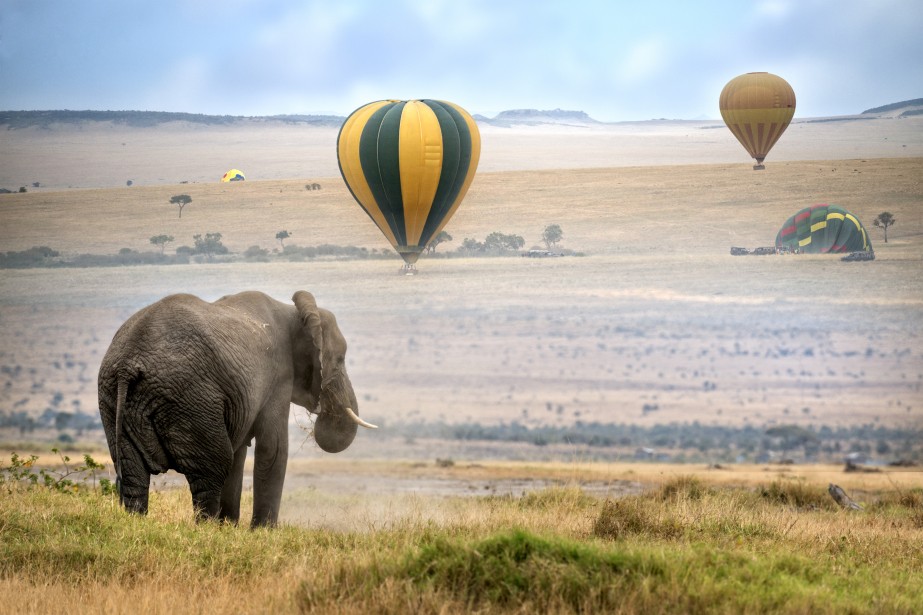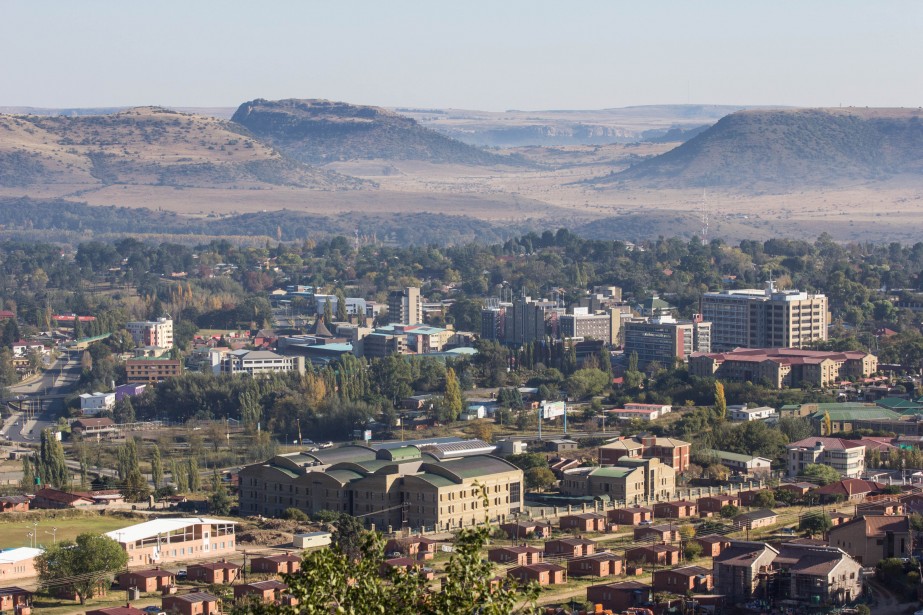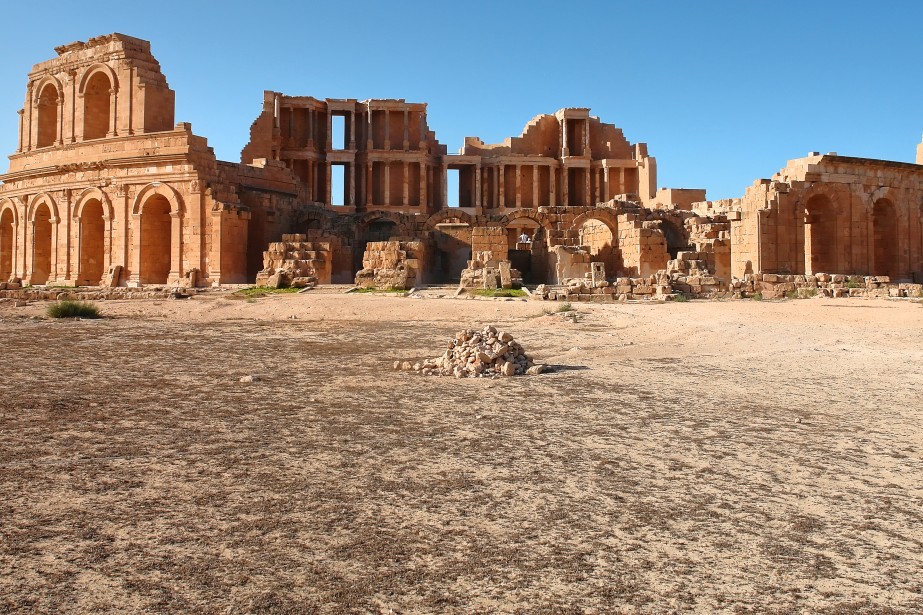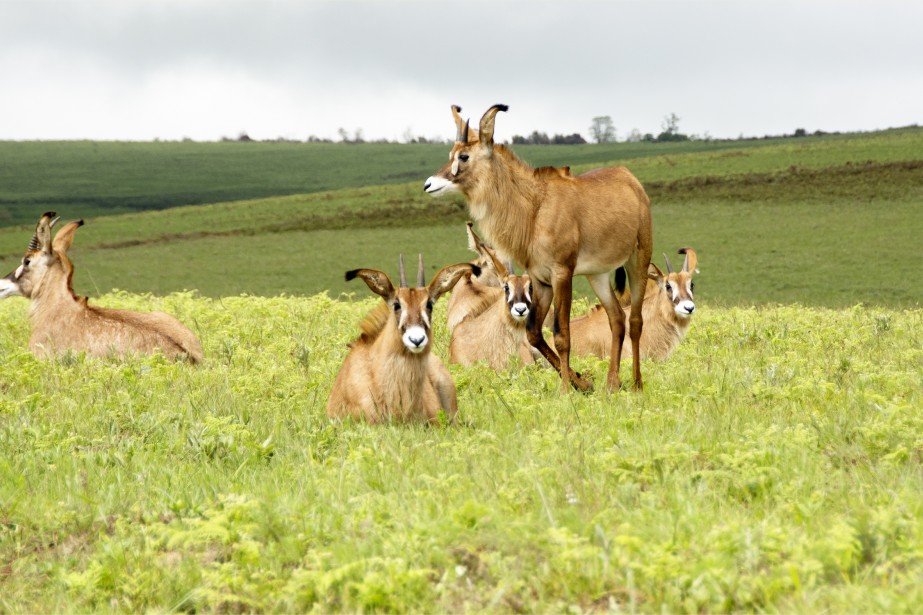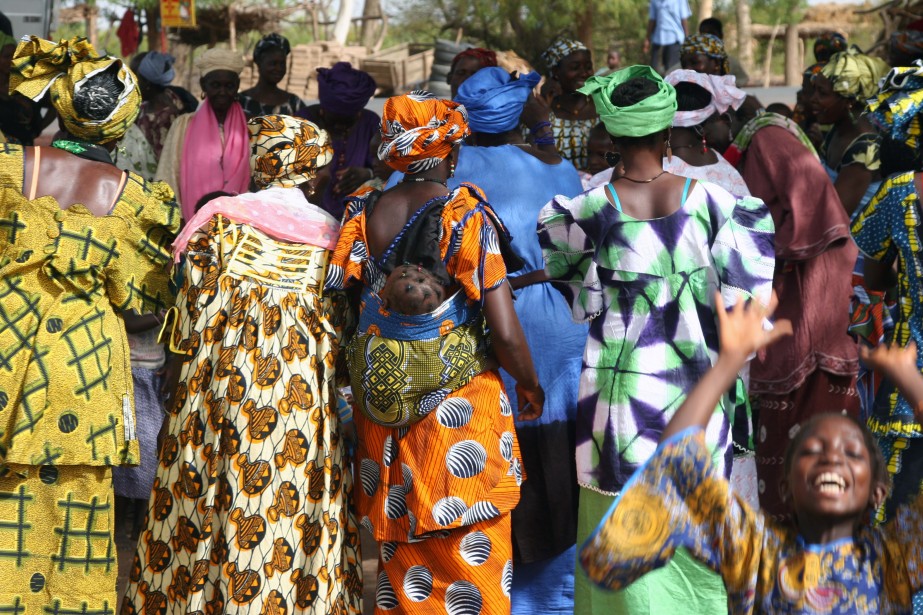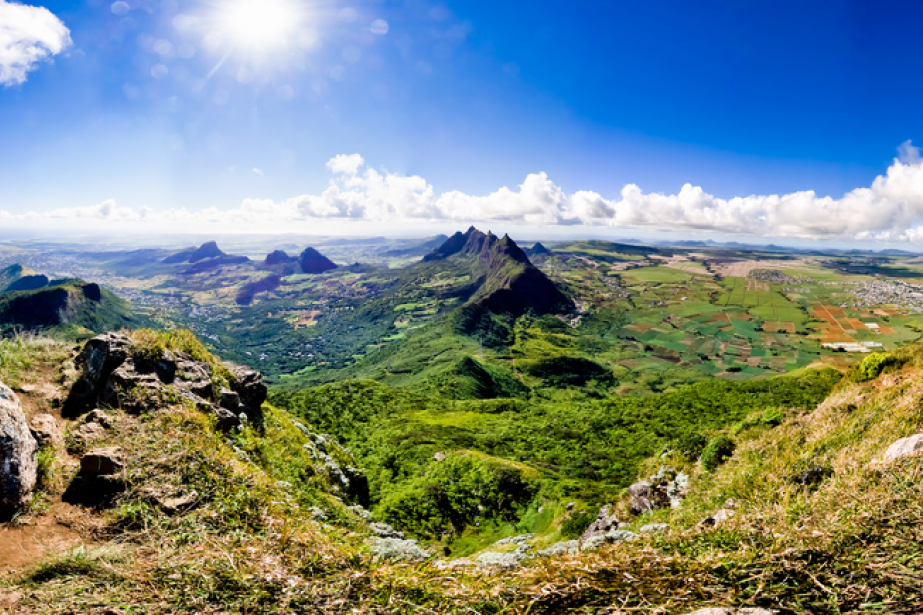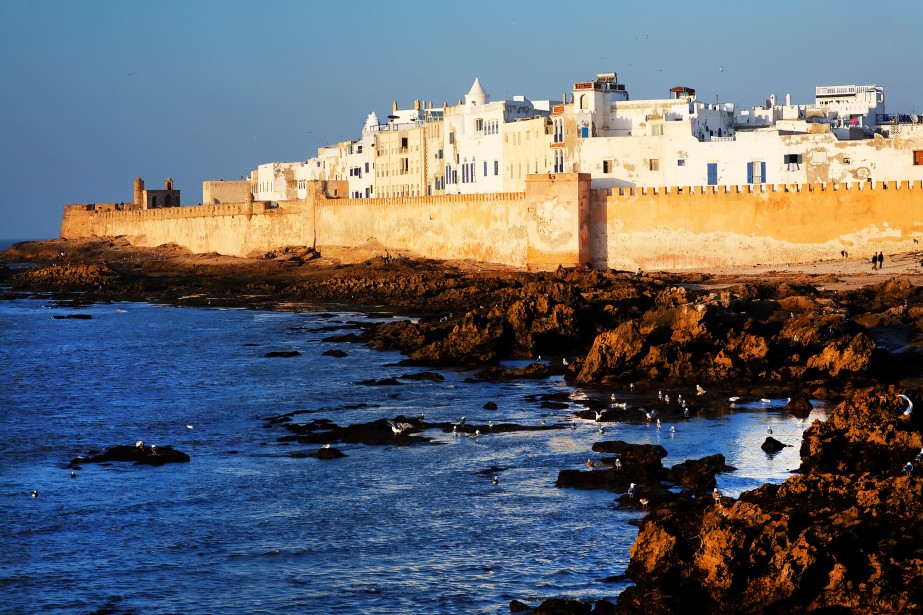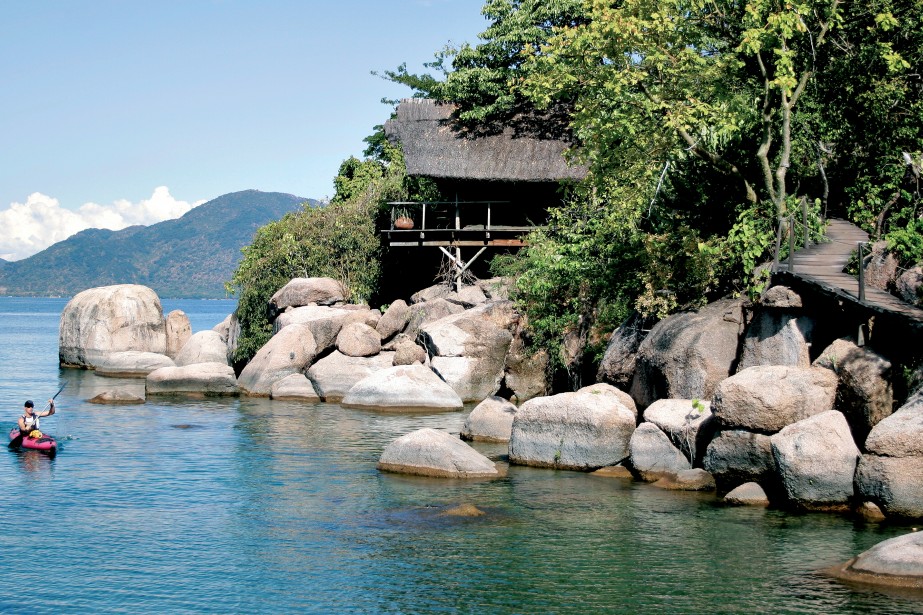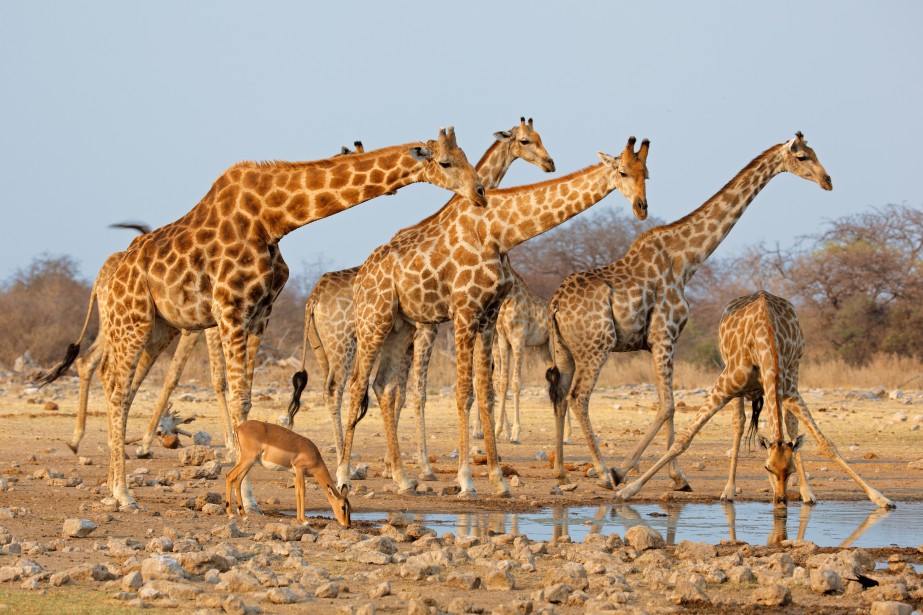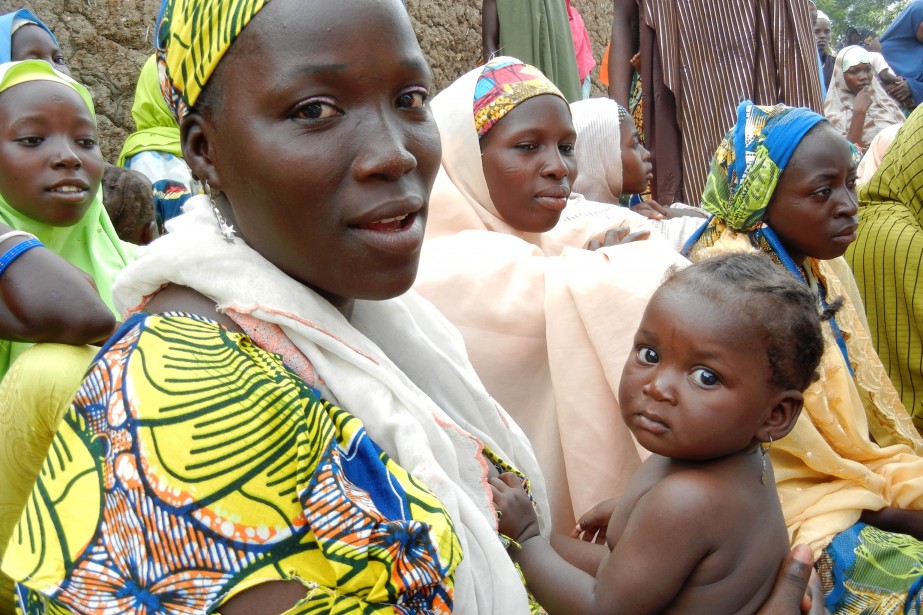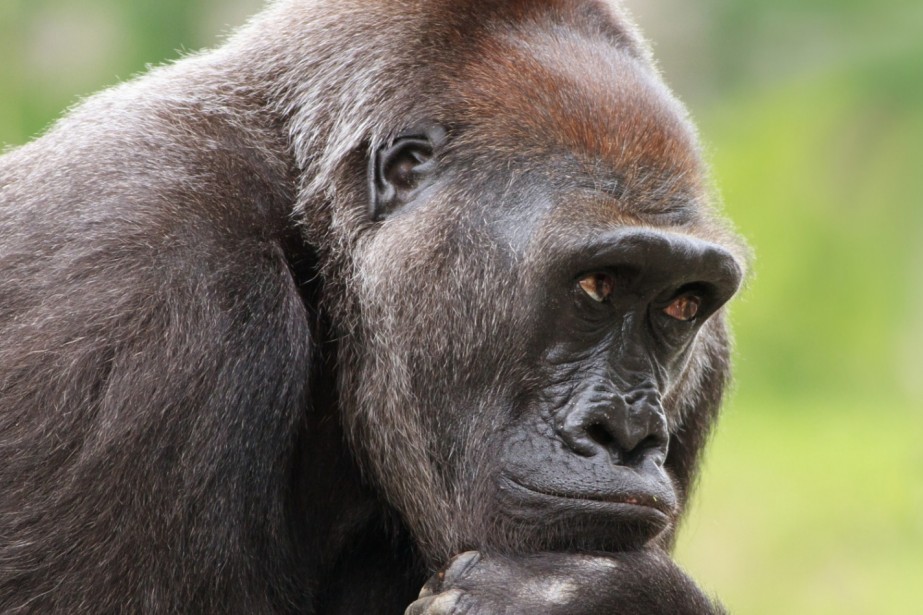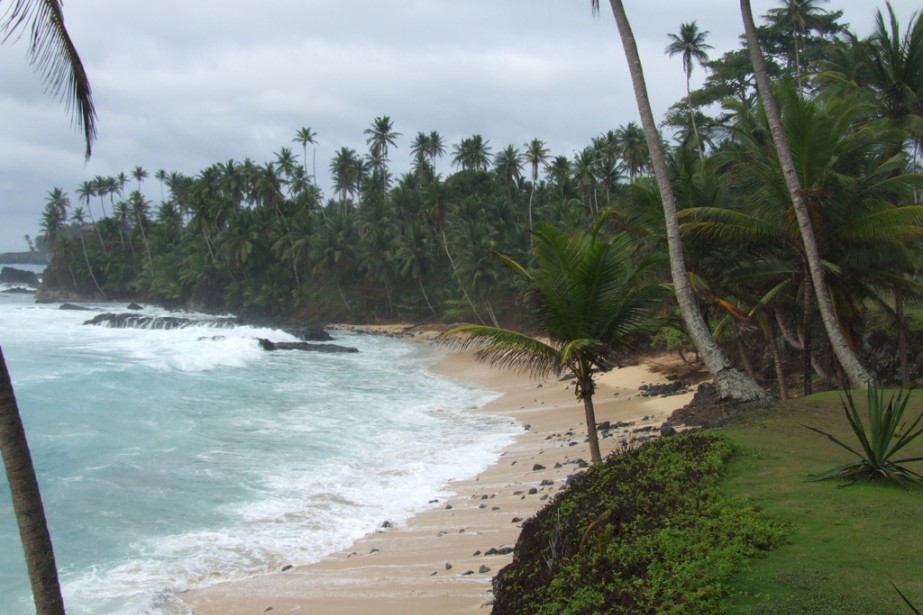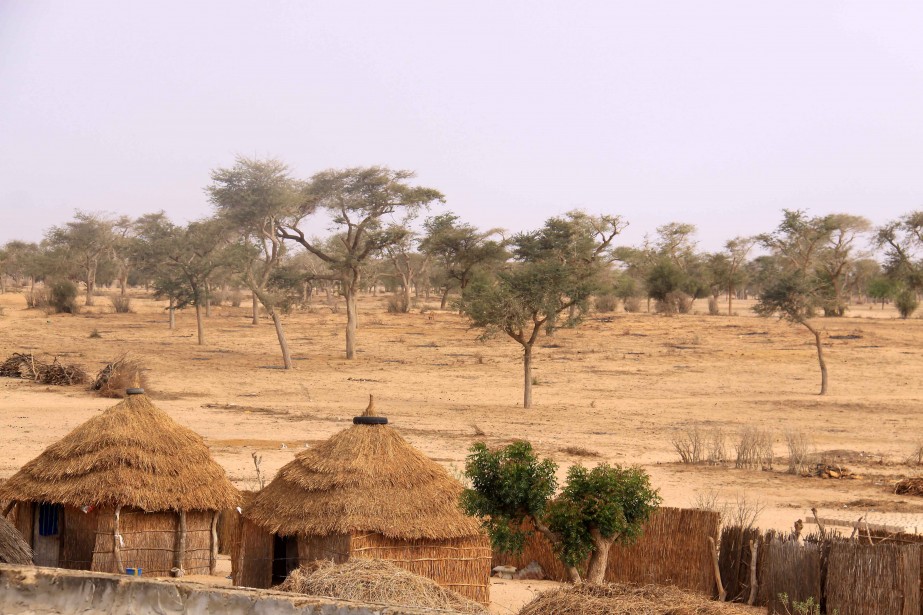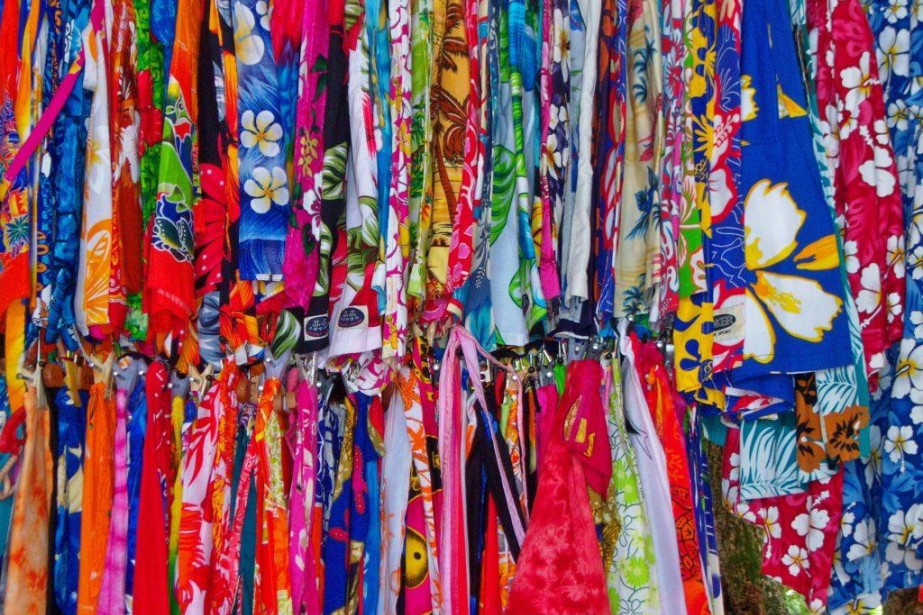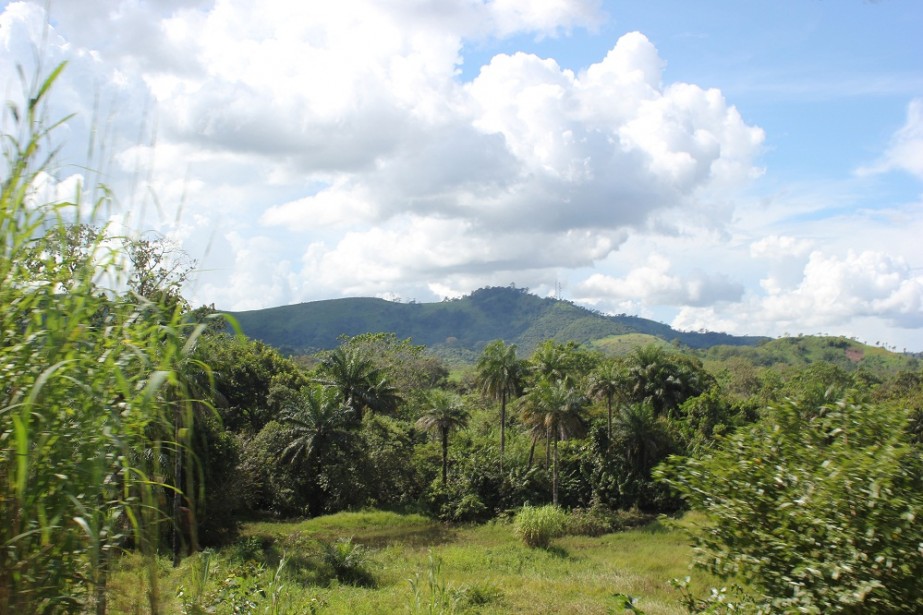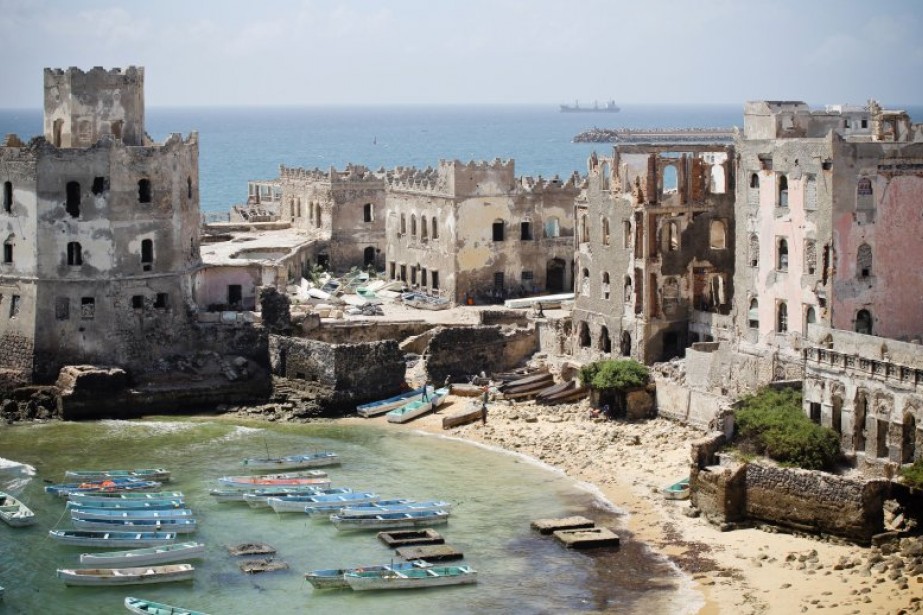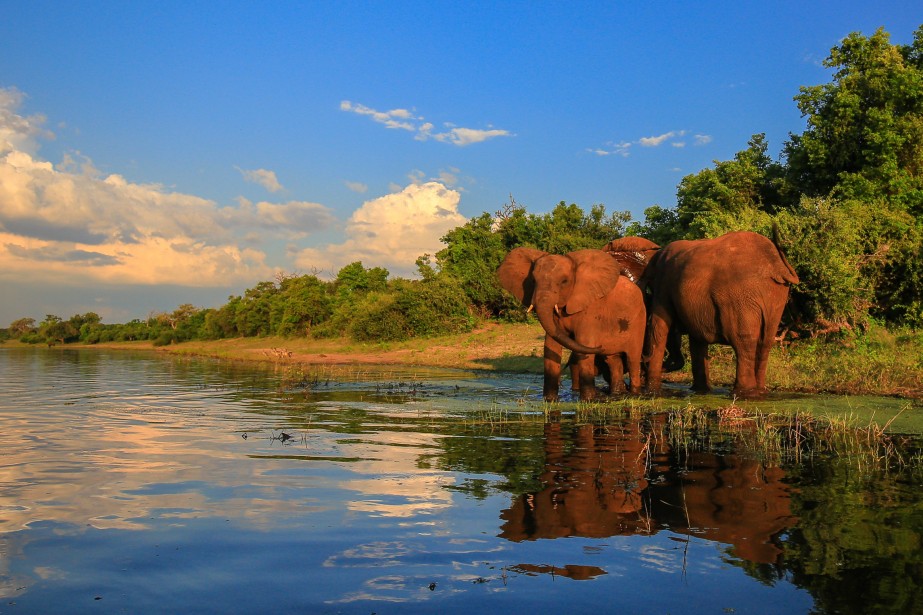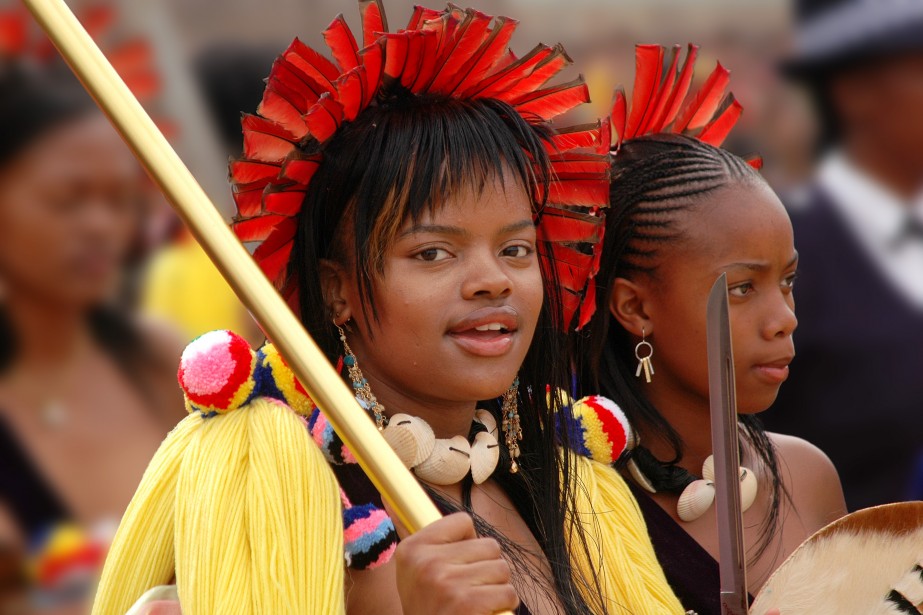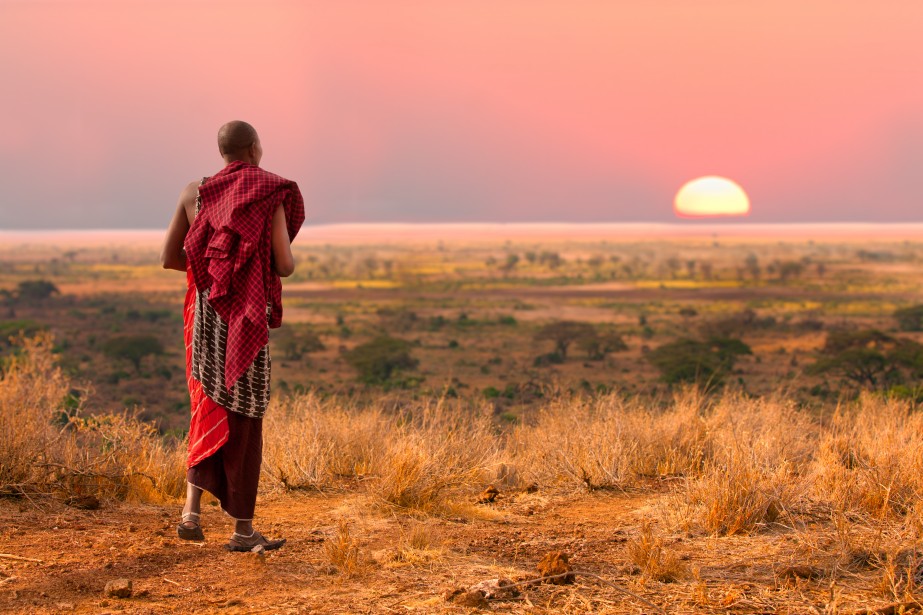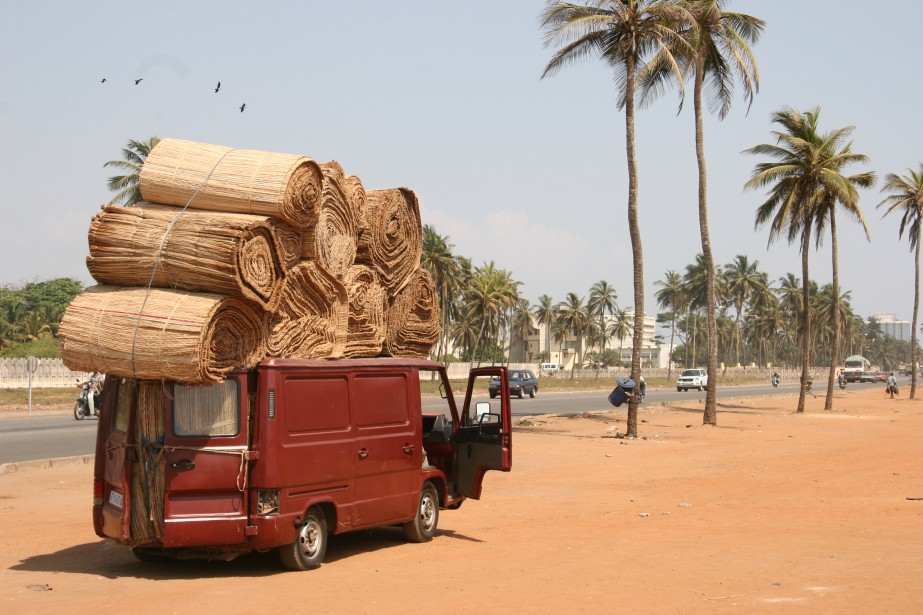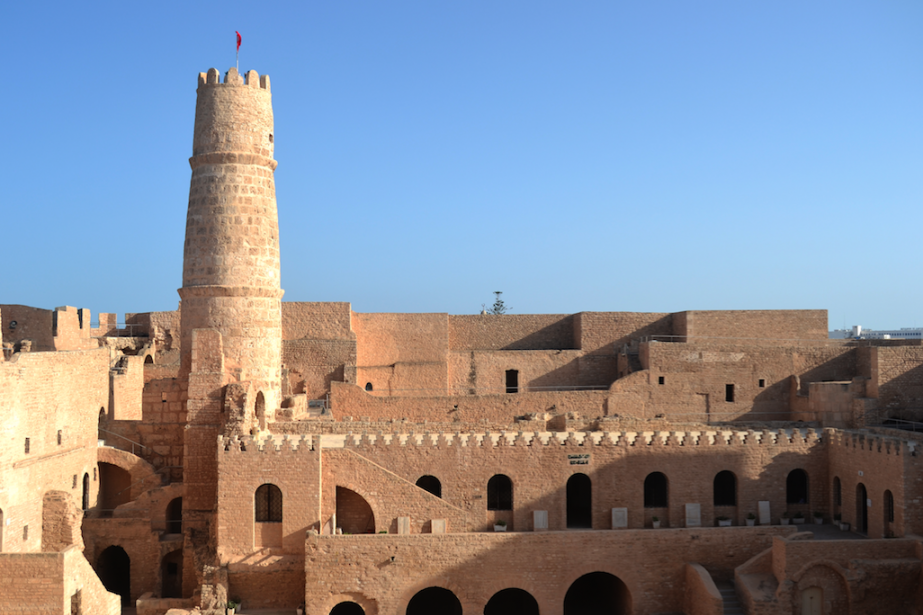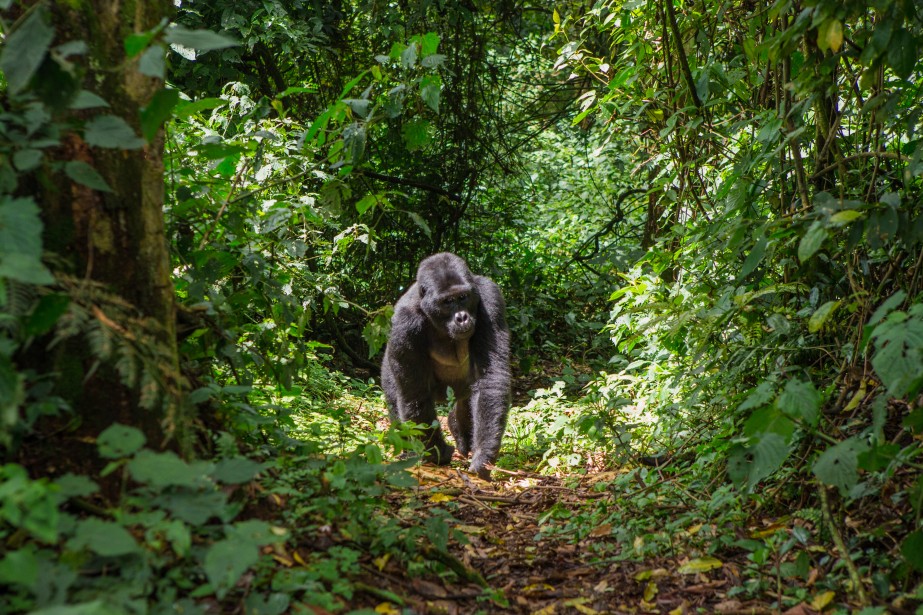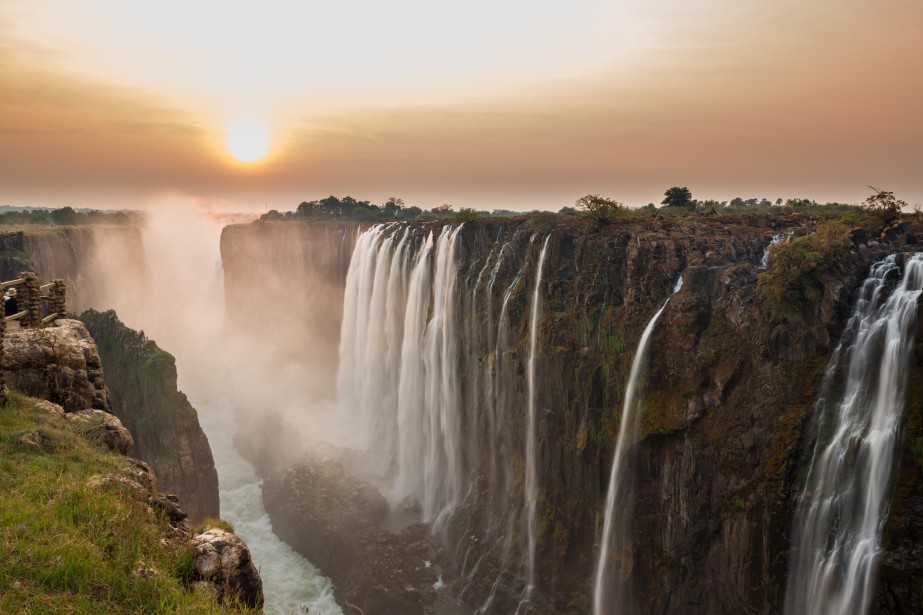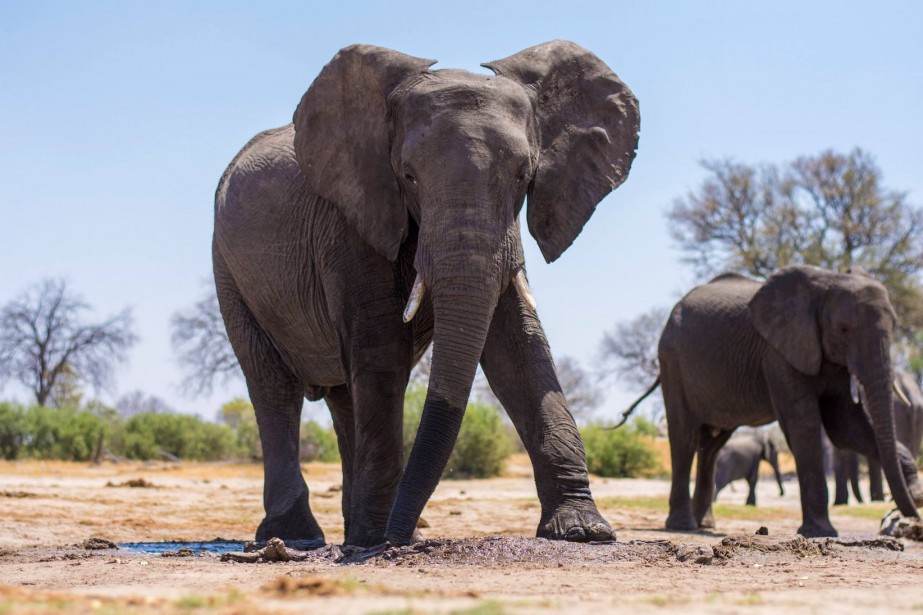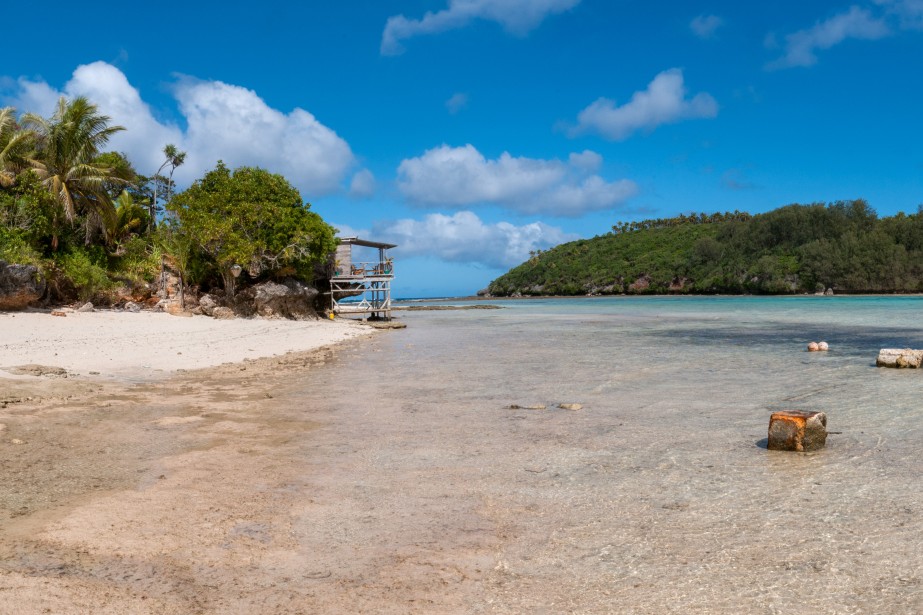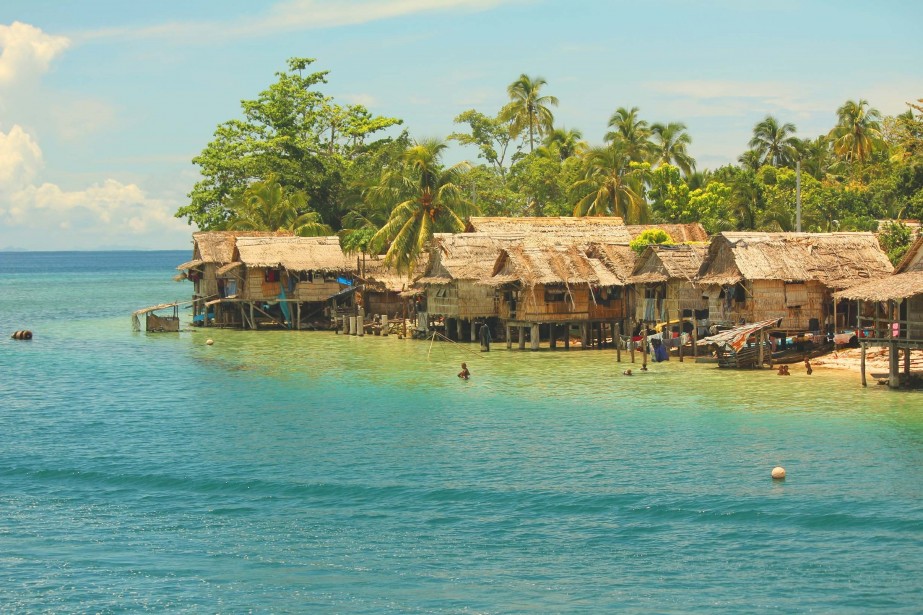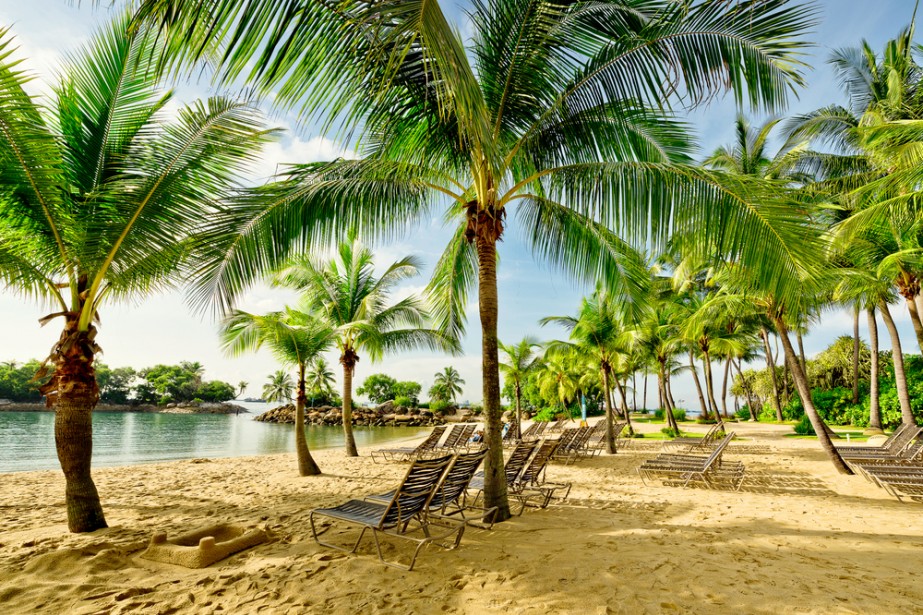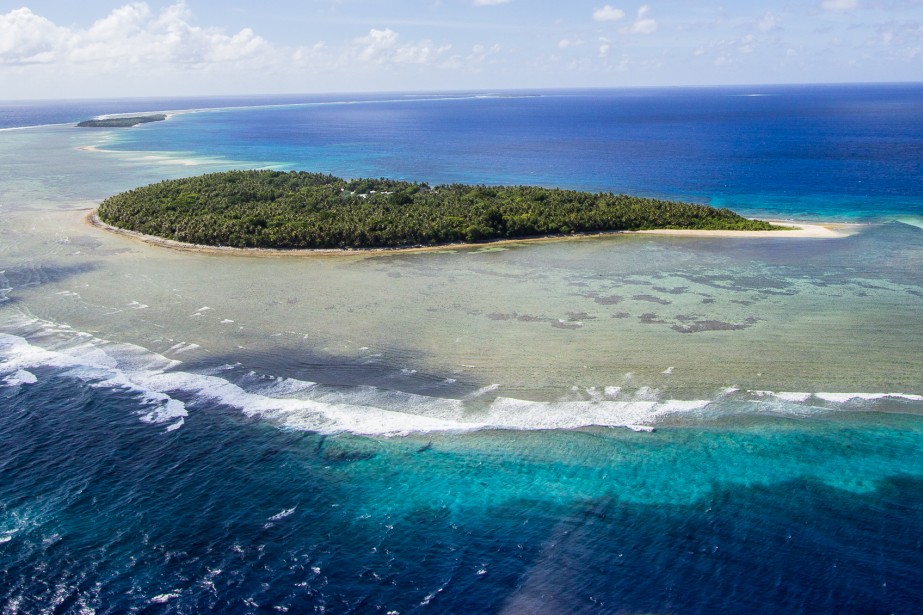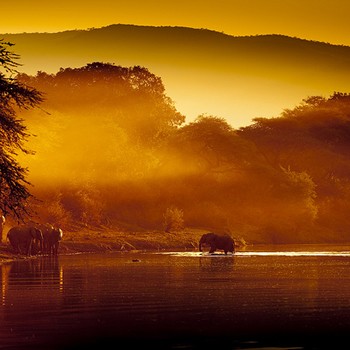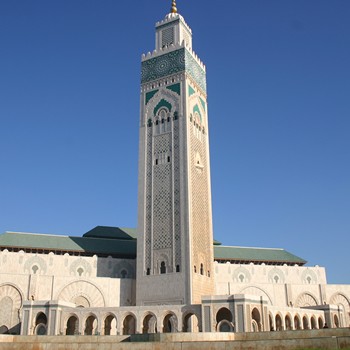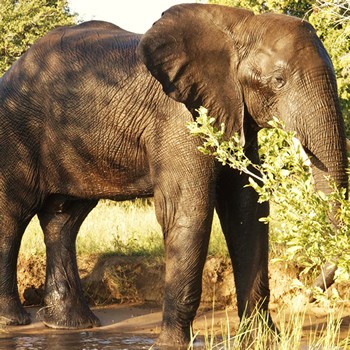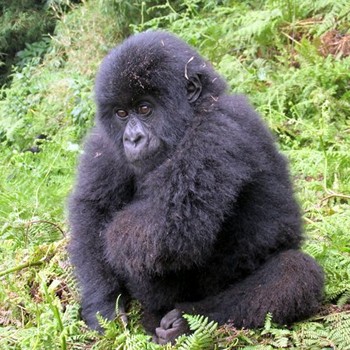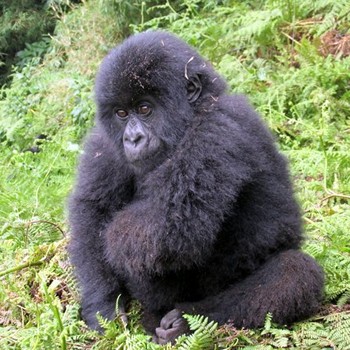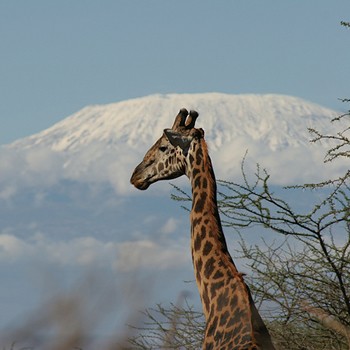Submitted by Cathie Johnson on December 12, 2015
Overview
Located in West Africa, this tall and narrow country holds within its small borders a variety of landscapes and unique opportunities for travelers looking to experience a country unlike any other. Along the borders of Togo are Ghana and Benin, two countries pressing up against either side of Togo like a set of bookends. To the north of Togo lies Burkina Faso. Due to Togo’s complex social and political background it hasn’t always seen peaceful days. Please be sure to research any travel advisories put into place before visiting Togo. However, as cultures learn to live together and days stretch into years, the country is seeing more and more harmony among its intertwined communities and landscapes.
The country is a layered tapestry of different cultures and different landscapes. While the north reveals savanna landscapes that roll into horizons lush with warm sunsets, the coastal region opens up to lagoons, marshes, and lands saturated in moisture. One of the best places to get a feel for the variety of life thriving in Togo is within the capital city, Lomé. Located on the coast, along the Gulf of Guinea, this vibrant city stretches along the water like a gem of opportunities. With markets full of unique items (like goat skulls!) and beaches stretching against the sparkling blue ocean water, Lomé offers visitors a rich taste of what life in Togo is all about.
WHEN TO TRAVEL – WEATHER
Togo is a warm country, with temperatures rarely dropping below 80 degrees Fahrenheit no matter the time of year. This results in a rather tropical environment and feel, with heat permeating the general atmosphere. The northern region of the country reflects a more desert form of climate, being semiarid while the southern region of the country is much more humid and tropical. While the country tends to lean towards the side of warmth, the lower temperatures are generally seen during the rainy months which begin around April and peak in June.
The best time to visit depends on your preference of weather. However, the hottest time of year for Togo are the months between February and April. And the rainy season, the months between May - October proves roadways to become extra laborious to navigate. While the southern region of the country often sees dry days between July and September, the temperatures are usually most tolerable throughout the country between the months of November and February.
When packing for a visit to Togo be sure to prepare for warm weather. Light cotton items that cover your skin are ideal. A pair of walking shoes that can get you where you need to go, especially if you plan to explore the nature available to you in Togo, are a must. All tourist, especially women, should be conscious of the conservative beliefs shared within Togo and should dress in accordance. Conservative clothing that reveals little skin will not only reflect a respect for the culture, but will also protect you from the sun.
TOGO CUISINE AND DRINKS
Influences from the Togolese colonial history can be seen within the daily cuisines of the local people. With a rich history connected to German colonialism and French colonialism, many of the restaurants in Togo cater to the French-style cuisine that is familiar to locals and visitors alike. The French colonists brought with them French bread, particularly the baguette which has remained a beloved staple of the Togolese diet.
Maize (corn) is also a staple and is enjoyed in every way imaginable. You will often see the maize ground up into a light flour and turned into a porridge with the addition of water. This is often called a Pâte and is served with a variety of different sauces that could be made from vegetables or meat.
One of the most popular dishes in Togo is fufu, which is yams repeatedly smashed until they turn into a dough substance. Fufu often eaten with heavy sauces and whatever meat is available.
The beverages enjoyed in Togo are also influenced by the local culture. Palm wine is one of the more popular drinks in the nation. Made from palm sap, this fermented beverage is as sweet as it is alcoholic. You’ll also find a drink called Tchakpallo, which is a fermented millet that is created by the Togolese locals.
POPULAR SITES OF TOGO
Lomé: The capital city of Togo is hard to miss for those visiting the country. Located along the Gulf of Guinea, this city possesses a dual personality with its bustling streets full of sounds and the palm tree studded beach that rests at the edge of these streets. Spend time exploring the many restaurants and markets in the city before relaxing on the sandy beaches nearby.
Marché des Féticheurs: This market of fetishes, located within the heart of the capital city of Lomé, is a dreamland for anyone looking for an odd afternoon. A great deal of the Togolese people practice voodoo or hold animist beliefs and the Marché des Féticheurs is the place to find all things related to these fetishes. You’ll find yourself walking among a variety of animal parts, bones, and voodoo ingredients.
National Museum: Located in Lomé, this pint-sized museum offers visitors a glimpse into the early stages of Togo culture and life. Though it won’t take an entire afternoon to view everything inside, it’s worth your time to immerse yourself in unique artifacts and information about the rich cultural country you’re visiting.
Kéran National Park: For people looking for insight into the history of Togolese parks and wildlife, this park is located in the northern region of the country and is visited by only a fraction of the number of tourists as neighboring parks in places such as Ghana. This park has faced adversity over the years in the form of human expansion and landscape disturbance, but is slowly stabilizing to be a place for animals and fauna to settle.
PRACTICAL INFO FOR TOGO
Visas
A tourist visa is required for entry into Togo. In order to apply for a visa in the United States you can contact the Togolese Embassy in Washington D.C. Visas can also be obtained at major border points between neighboring countries. However, should you hope to receive a visa once you’ve arrived in Togo the visa will be limited to a seven day period of travel. An application, passport photograph, and fee will be expected at this time. Extensions can be made to the visa at no additional fee. It is important to note however that the authorities will need to take your passport for a few days while waiting for the extension to be approved. While traveling around Togo be sure to have your passport and documentation of vaccinations with you at all times.
Banks and Currency
The West African CFA franc is the currency used in Togo. The Togolese Franc is the currency used in Togo. The currency comes in both bill and coin form, with coins in the following range: 1, 5, 10, 25, 50, 100, and 500 coins. The CFA bill is found in the following denominations: 500, 1000, 2000, 5000, and 10,000. CFA stands for “Coopération financiére en Afrique centrale” and is the currency found in the majority of West Africa.
Euros are the best foreign currency to bring and exchange while in Togo. In order to exchange your money into West African CFA francs visit a bank or a trusted hotel. Keep in mind that travellers’ cheques are not widely accepted and will not be changed for you while visiting Togo.
Credit cards are rarely used in Togo. For safety, be sure to only carry the amount of money absolutely necessary for that day and be sure to utilize a travel money belt or similar device. While ATMs are available in the more largely populated areas of Togo, be conscious of when and how you use an ATM. Be sure to use ATMs only in the daytime and use ones that are heavily guarded in populated areas. Also take note: MasterCard is rarely accepted at ATMs in Togo and should be avoided.
Vaccinations
Yellow Fever vaccination certificate is required in order to enter Togo.
Culture
Togo is a conservative country and holds within its borders a variety of culture that shares a multitude of cultural expectations and beliefs. In order to best respect these cultures, be sure to dress conservatively and reveal little skin, especially if you are a female traveler.
Safety
Due to political unrest in the country, especially in times leading up to elections there are often demonstrations and rallies seen throughout Togo. U.S. citizens are advised to avoid any such social settings and stay in a safe location. Incidents such as rallies or demonstrations can quickly escalate and lead to violence. In addition, be aware that the US State Department advises that U.S. citizens avoid public beaches with no security, the Boulevard du Mono at night, the Ghana-Togo border areas, and markets. Pick-pocketing, robbery, carjacking, and burglaries are common throughout Togo as well.
In addition, be aware of the strong undertow that can be found in the waters of Togo’s beaches. If choosing to enter the water do so with caution and awareness of your surroundings.
http://travel.state.gov/content/passports/en/country/togo.html
http://www.lonelyplanet.com/togo
http://journeymart.com/de/togo/food.aspx
http://www.worldtravelguide.net/togo/food-and-drink

